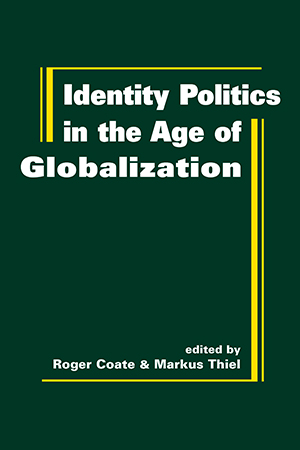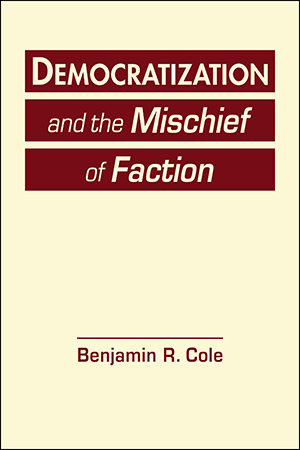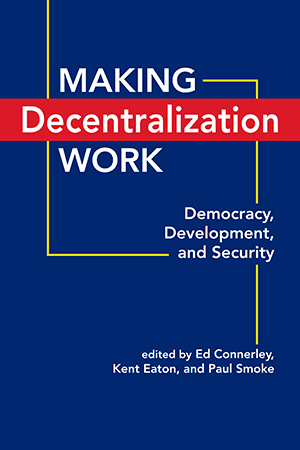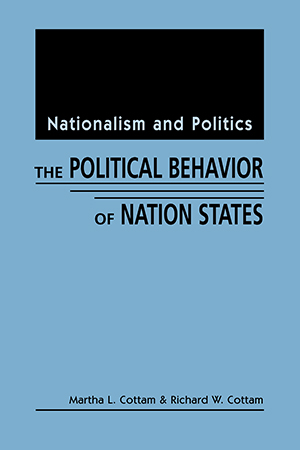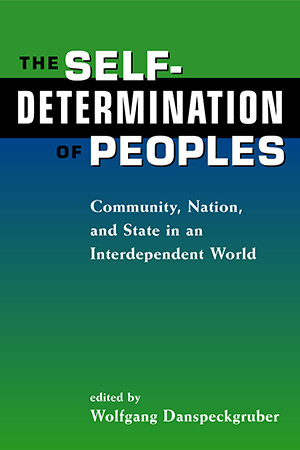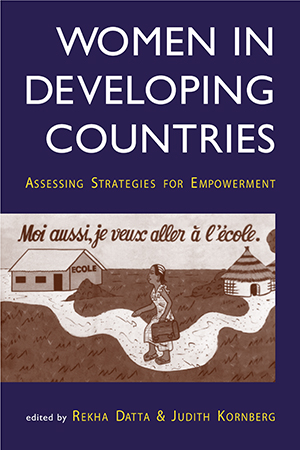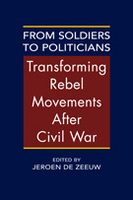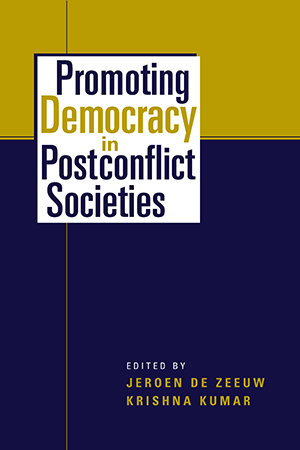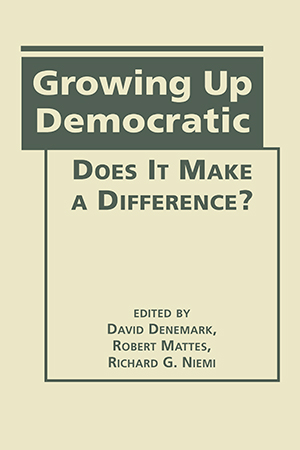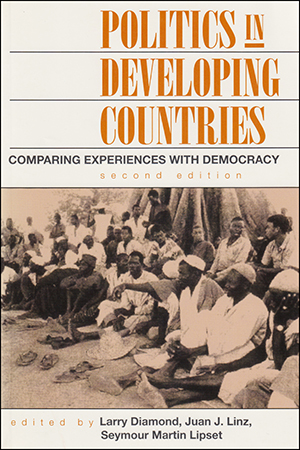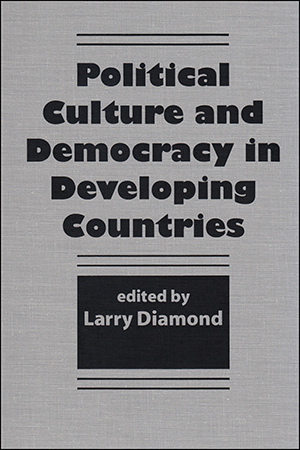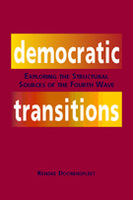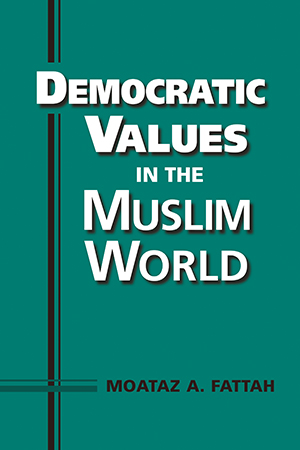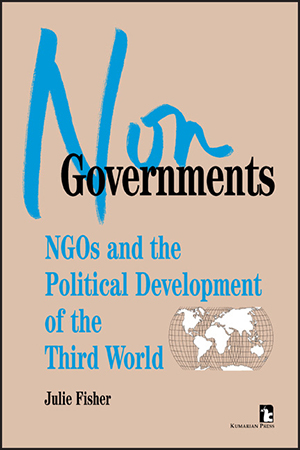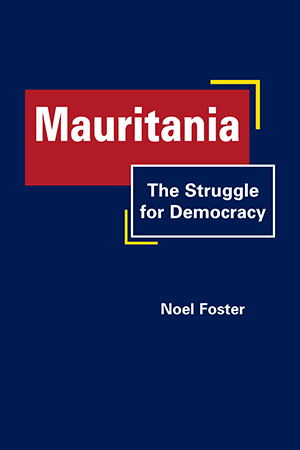Comparative Politics (general books)
Despite the homogenizing effect of globalization, identity politics have gained significance—numerous groups have achieved political goals and gained recognition based on, for example, More >
Why do new democracies succeed in some cases and struggle, backslide, or revert entirely to autocracy in others? What are the specific policies and practices at play? To answer these More >
It is increasingly difficult to find developing countries whose leaders have not debated or implemented some type of decentralization reform. But has decentralization worked? Does it More >
As nationalism increasingly captures our attention through its impact on intercommunal violence and even the stability of states, this fresh look at the phenomenon plumbs an important aspect More >
With contentious issues of sovereignty and self-determination a focus of current world affairs, this comprehensive analysis is especially timely. The authors explore the conceptual, More >
For decades, researchers and policymakers have examined the impact of development programs on women—and evidence of sustained gender discrimination has inspired local, national, and More >
In the transition from war-torn societies to stable multiparty democracies, what is the role of former rebel leaders? Can rebel movements effectively transform themselves from military to More >
Few would dispute the importance of donating funds and expertise to conflict-ridden societies—but such aid, however well meant, often fails to have the intended effect. This study More >
What explains differing levels of support for democracy in postauthoritarian countries? Do young people value democracy simply because they have grown up with it? Or do older generations, More >
This second edition of the highly regarded Politics in Developing Countries again presents case studies of experiences with democracy in Asia, Africa, Latin America, and the Middle East, More >
In response to scores of requests, this textbook edition of Political Culture and Democracy in Developing Countries has been abridged to convey the core arguments of the book in a format More >
With the widespread movement toward democratization that characterized the first post-Cold War decade, why did some nondemocratic regimes undergo a transition toward a democratic political More >
Is Islam compatible with democracy? Despite the seemingly endless debate on this issue, Moataz Fattah's study is a rare investigation of actual Muslim beliefs about democracy across More >
This definitive work on nongovernmental organizations provides a complete overview of the composition and the types of NGOs that have emerged in recent years. Julie Fisher describes in More >
Why did a clique of Mauritanian officers risk their lives to overthrow the autocrat they had served for twenty years, only to cede power to an elected civilian? And having won acclaim for More >


